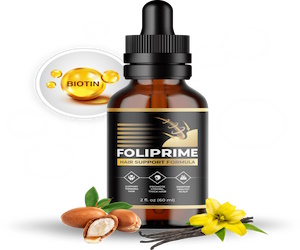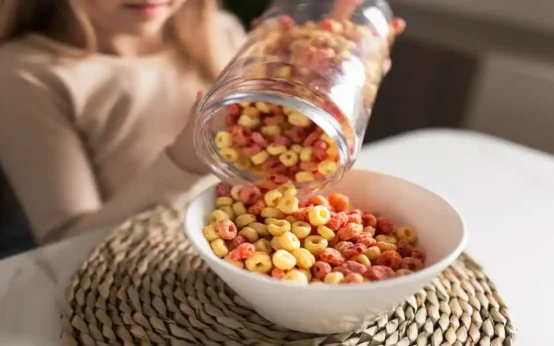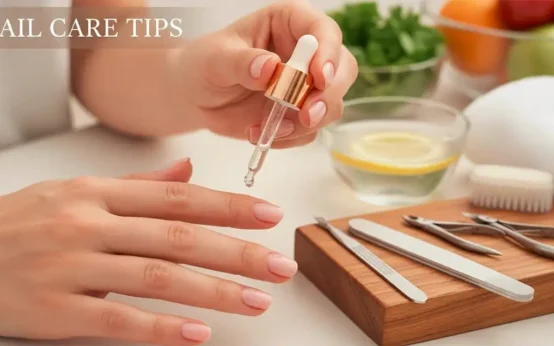Scalp care is important for strong healthy hair I think. A clean scalp improves hair growth and basically prevents problems. This article has tips to maintain scalp health properly and naturally.
Understanding the Importance of Scalp Health
The scalp is the, you know, base for healthy hair growth. A healthy scalp supports roots and prevents dandruff or itching problems. An unhealthy scalp causes thinning and damage which nobody likes.
The scalp has follicles that actually need proper care. Clogged follicles or dryness kind of makes hair growth worse. Sweat oil and dirt disturb the scalp environment daily basically. This creates, well, conditions for issues like flakiness and hair loss.
Ignoring your scalp causes infections over time which seems scary right. A healthy scalp has balanced moisture with basically minimal irritation. Regular care helps scalp circulation and I think hydrates it well.
Focusing on hair but forgetting the scalp is actually a mistake. Better scalp condition makes hair grow stronger and shinier I think. Scalp care improves hair health so do not ever actually ignore it.
Identifying Common Scalp Issues
Scalp problems affect hair health and, like, lead to hair fall problems. Poor hygiene causes some scalp problems I guess. Here are some common scalp issues, and their causes explained simply.
Dandruff is probably the most familiar scalp problem. It happens due to too much oil or dryness. This produces flaky white scales that can be visible in your hair daily. It can also irritate your scalp over time.
Oily scalps are another problem, leaving hair greasy and limp-looking, especially in humid weather. Too much sebum production causes this greasy mess. You must wash your hair often if the scalp gets oily.
Dry scalp is the opposite problem, causing itchy and tight sensations you know. Scalp issues happen when moisture is basically missing. Cold weather, bad shampoos and dehydration actually dry scalp skin out.
Fungal infections on scalp cause issues like scaly patches or ringworm. These conditions need, sort of, special treatments. They can also spread and make hair fall worse.
Poor blood flow or clogged follicles actually cause thinning hair. Identifying scalp problems early is key. Treating them soon can protect your hair from further damage actually.
Choosing the Right Shampoo and Conditioner for Your Scalp
Picking products for your hair type is important since one does not fit all. Shampoos and conditioners actually affect scalp cleanliness and moisture. Wrong products actually worsen scalp issues.
For dry scalp use moisturizing I think soothing shampoos. Ingredients like coconut oil or aloe vera provide scalp hydration. Shampoos with alcohol and sulfates actually dry out scalps.
For oily scalp pick clarifying shampoo always. These kinds of products remove grease and dirt well. Tea tree oil and salicylic acid help control oil actually.
Sensitive scalps need mild fragrance-free shampoos I think. Hypoallergenic shampoos always work better for sensitive scalps. Conditioners that match your scalp needs prevent buildup well.
Do not apply conditioner to the scalp because it clogs follicles. Apply conditioners on strands so hair stays nourished without scalp harm. Always rinse thoroughly after washing.
Testing products before switching completely is always a good idea. Sometimes products work differently for everyone and personal experimentation helps. Wise choices keep the scalp healthy I think and comfortable.
Simple Scalp Massage Techniques for Better Blood Circulation
Massaging your scalp every day or weekly improves its health. It boosts blood flow which is critical for hair strength and growth. Scalp massages are relaxing too, which makes them a nice self-care activity, you see.
Start by using your fingertips gently to press small circles on the scalp. Apply light pressure but do not scratch. Move across the whole scalp slowly, focusing on the hairline or the crown of your head.
Natural oils for massages are actually great options. Coconut and almond oils are naturally nourishing options I think. Use a few drops, rub hands, then massage evenly.
Another easy technique is tapping your fingers lightly all over the scalp. This movement wakes up hair follicles. Try gentle kneading on your scalp like you know with dough.
Focus more time on scalp tension areas I think. Massaging daily improves relaxation, which helps with stress-related hair fall. You can do it while watching TV or lying in bed for convenience.
Regular scalp massages will also help your hair products penetrate better. It is like, you know, a mini workout for your scalp. Blood flow improves naturally along with your scalp’s texture and hydration.
The Benefits of Regularly Exfoliating Your Scalp
Exfoliating the scalp is important just as exfoliating your skin is. Dead skin cells and product residues collect on your scalp over time, you know. Exfoliation helps clean this and lets the scalp breathe better.
Gently exfoliate your scalp sometimes once or twice weekly. Use an exfoliating brush or scrub for better results. Scrubbing removes scalp dirt well and does not strip moisture.
Look for scrubs with safe ingredients like sugar crystals or sea salt as they clean effectively. Many products also have oils to balance hydration after exfoliation. Choose gentle options suitable for your scalp type.
You can also make DIY options at home using ingredients like coffee grounds and honey. Massage using fingers gently then properly rinse the mixture. Do not scrub harshly as it irritates scalps actually.
Exfoliation improves blood flow and kind of makes follicles better. Exfoliating preps scalp I think for serum or oil absorption. Exfoliating reduces dandruff and keeps the scalp clean always.
Keep exfoliation regular but do not overdo it at all. Your scalp needs balance so being too aggressive causes harm. Exfoliating actually adds shine while improving scalp conditions greatly.
FAQs
What are the most common causes of an unhealthy scalp?
Dirt and sweat clog hair follicles commonly. Poor hygiene fungus or oil buildup actually causes scalps issues. Bad products actually worsen scalp conditions I think.
How does a healthy scalp contribute to better hair growth?
Clean scalps I think let nutrients and oxygen reach follicles. It helps strong and healthy hair growth continue over time. Better blood flow also nourishes your roots daily.
How often should you wash your hair to maintain scalp health?
It depends on your scalp type. Oily scalps may need washing every alternate day. Dry or sensitive ones work better with two to three washes weekly. Balance is key always.
Final Insights
Good scalp care keeps hair healthy and stronger over time. Proper cleaning, hydration and massaging improve scalp health greatly. Use suitable shampoos and exfoliate for balanced results. Start with these tips today for a happier scalp tomorrow.




 Importance of Hydration for Your Brain, Body, and Everyday Energy
Importance of Hydration for Your Brain, Body, and Everyday Energy  Healthiest Breakfast Cereal for Children
Healthiest Breakfast Cereal for Children  Anxiety Management Techniques
Anxiety Management Techniques  How To Remove Sun Tan From Hands
How To Remove Sun Tan From Hands  What Makes Fat in Our Body?
What Makes Fat in Our Body?  How to Take Care Your Nails
How to Take Care Your Nails